US Upbeat On Taliban Peace, Warns Afghan Leaders
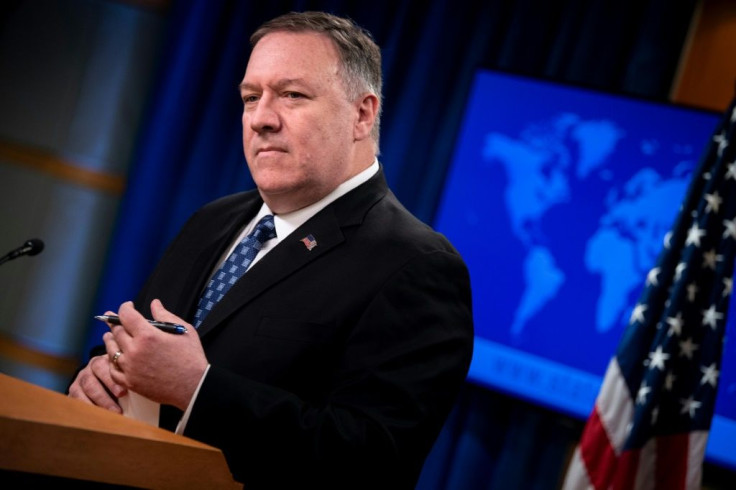
The United States voiced optimism Tuesday about reaching an accord to end the war in Afghanistan as a partial truce held with the Taliban, warning rival leaders in the Kabul government not to scuttle the "enormous opportunity."
The United States plans to sign an agreement with the Taliban on Saturday in Qatar if the week-long truce holds. Four days in, the number of Taliban attacks has fallen dramatically.
"So far the reduction in violence is working -- imperfect, but it's working," Secretary of State Mike Pompeo told a news conference in Washington.
"We're on the cusp of an enormous, enormous political opportunity," he said.
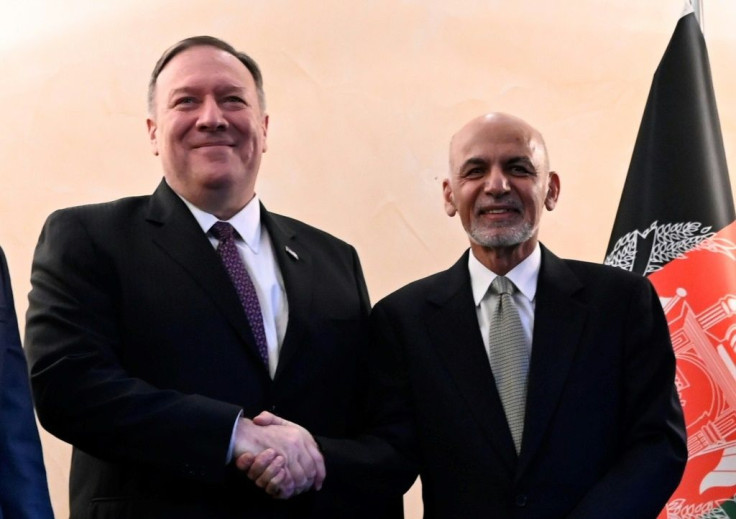
The historic deal would see the US withdraw thousands of troops, winding down America's longest war which was launched after the September 11, 2001 attacks but has grown increasingly unpopular at home.
The Taliban would then open negotiations with the internationally recognized government in Kabul, which the Islamist militants have refused to recognize.
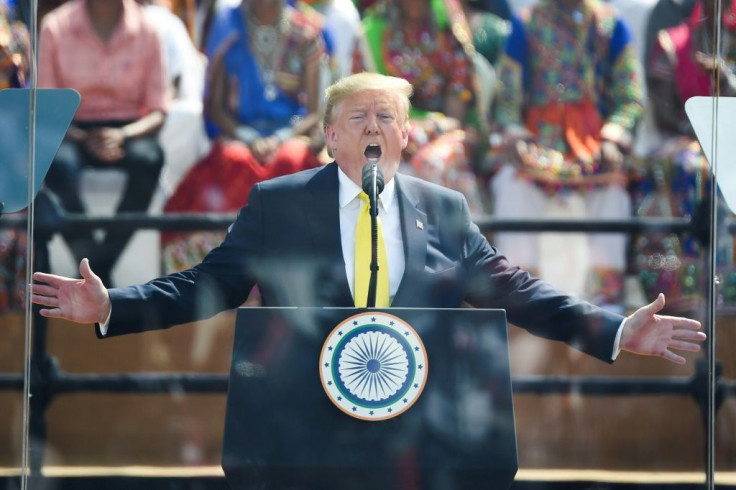
But the Afghan administration is in disarray, with President Ashraf Ghani last week declared the winner of a new term in elections but his chief rival, Abdullah Abdullah, rejecting the results and vowing to form his own government.
The United States has conspicuously not congratulated Ghani, in contrast to the European Union and the Kabul government's regional ally India.
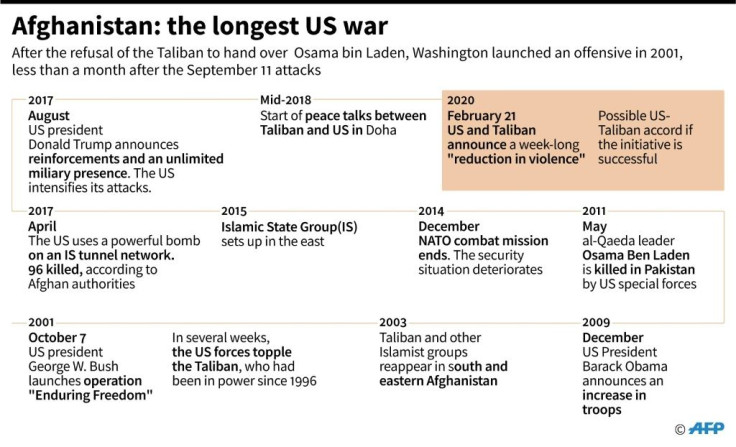
In a statement Tuesday, the State Department said only that it "notes" the election announcement. It said Ghani had agreed to postpone his inauguration which was scheduled on Thursday.
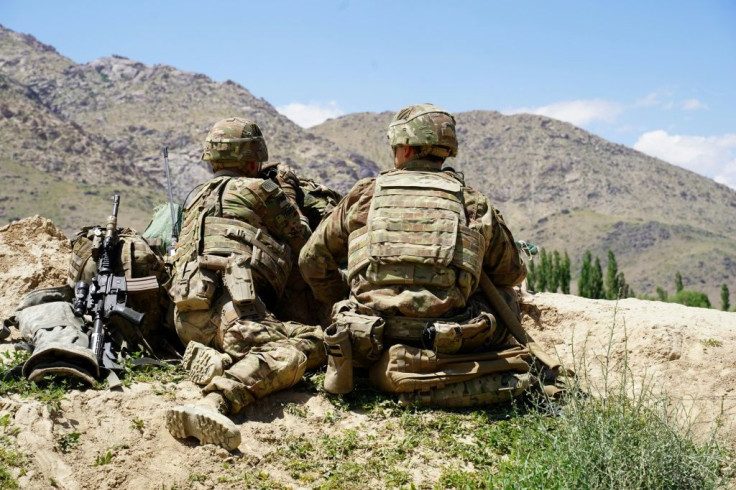
Abdullah's spokesman, Fraidoon Khwazoon, told AFP that both Abdullah and Ghani were delaying swearing-in ceremonies planned for Thursday by two weeks.
Asked about the election, Pompeo said the US wanted to make sure the results were "free and fair and accurate" and warned against "any one small group" blocking the peace process.
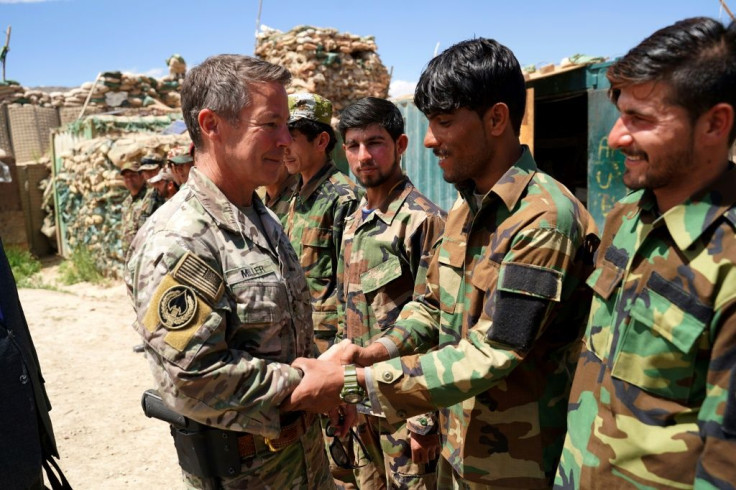
"There are those with an enormous vested interest in the status quo," Pompeo said, characterizing the current situation as "bloodshed, tears, economic challenges."
"We want to make sure that... all the people who have an interest -- whether that's because of corruption of because of some ideological view -- cannot spoil what it is that the Afghan people so richly deserve," he said.
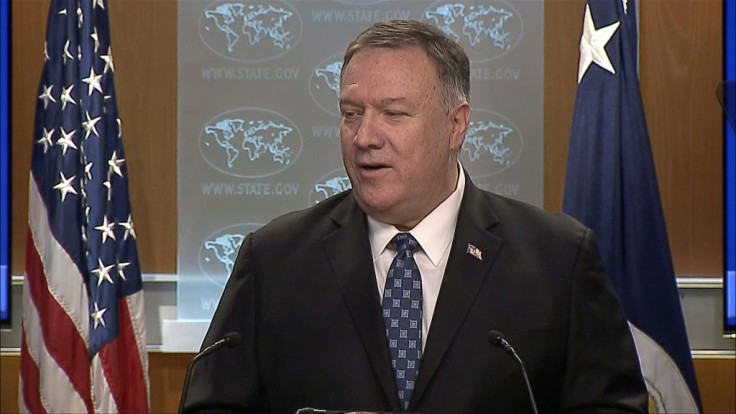
Ghani, while saying he hopes for peace with the Taliban, was critical as diplomacy gathered steam last year, especially over the militants' refusal to recognize the Kabul government.
President Donald Trump has called the Afghan war a waste of blood and treasure and his administration has called the truce a test of whether the Taliban can make good on its promises.
The key US demand remains the same from 2001 -- that the Taliban not allow Afghan territory to be used by Al-Qaeda, or now Islamic State extremists, to plan international attacks.
Pompeo rejected a question on whether a US withdrawal would jeopardize the rights of women, who under the Taliban's ultra-austere 1996-2001 regime were forbidden from education and forced to wear all-encompassing burqas in public.
"Our mission-set there has been much broader than that," Pompeo said.
He voiced confidence that "voices all across the Afghan political spectrum" including women "will go into the ultimate solution."
Trump, speaking to reporters on a visit to India, said the United States was "pretty close" to a deal as two days had gone by with "a minimum of violence."
He complained that US troops had turned into a "police force" rather than pursuing a military goal.
"We could win that easily if I wanted to kill millions of people. I don't want to kill millions of people, innocent people," Trump said.
US General Scott Miller, the commander of the NATO-led mission in Afghanistan, also saw the partial truce succeeding.
"We're seeing what we would call a downward trend in violence, which is great for the Afghan people. It's great for the country of Afghanistan," he said in a statement.
An Afghan security source told AFP that Taliban attacks had dropped from an average of 75 a day to about 15 since the truce began on February 22.
US forces also forces announced the deaths of four Islamic State members in two airstrikes in Kunar province.
More than 100,000 Afghan civilians have been killed or injured over the past decade, according to the United Nations.
© Copyright AFP 2024. All rights reserved.



















